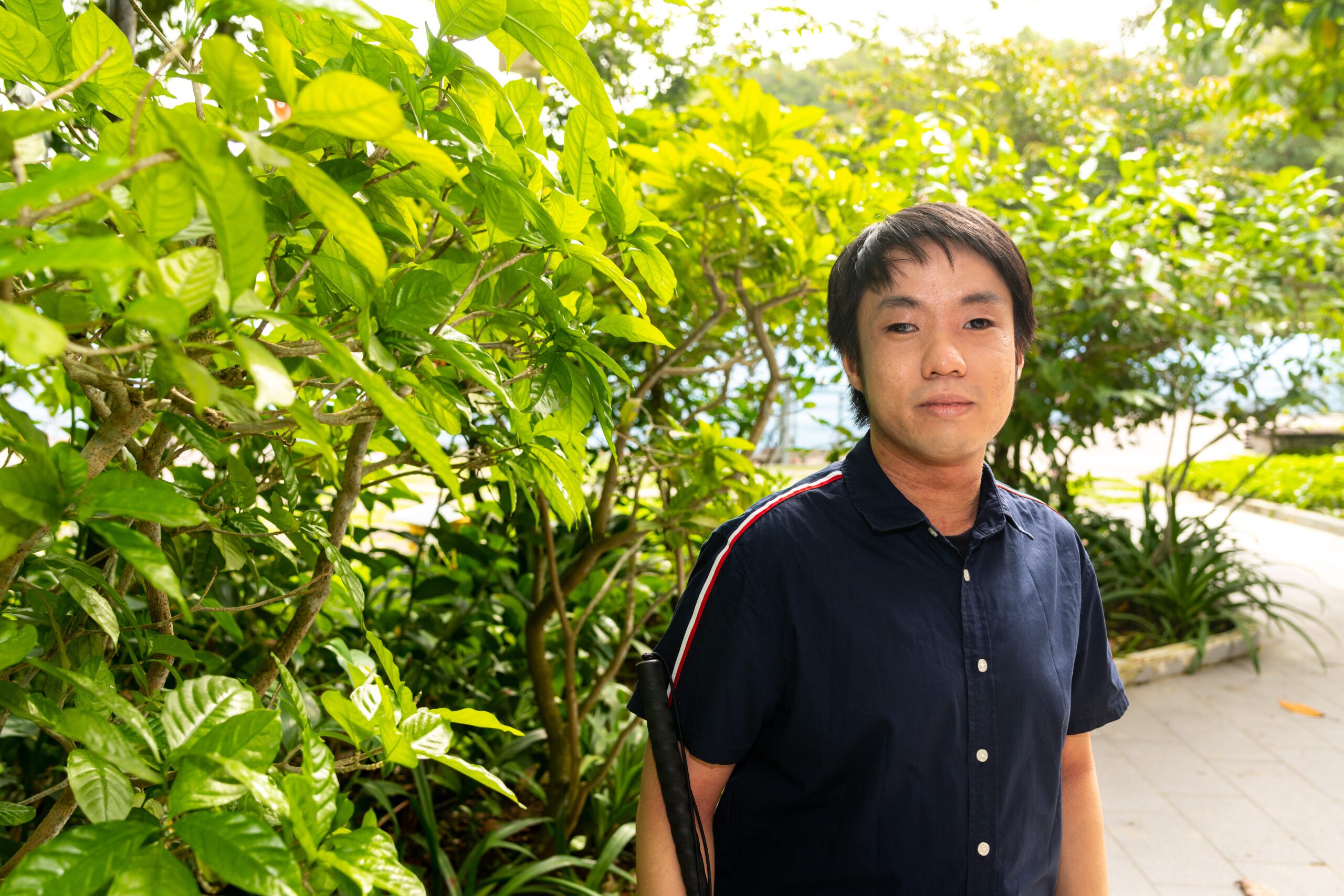The Hermit analysis is surprisingly accurate — I am pretty much a recluse.
As for your defined energy centres, they are interconnected. Single-definition people are very independent, and they can process and integrate their learning very easily, without needing others’ eureka moments. You find that you don’t really need relationships, romantic or platonic. The yellow diamond in the identity centre represents consistent identity. You know who you are and your identity doesn’t change much throughout your life. You are sure of your direction in life, you know where you want to go, and it is consistent throughout your life. You don’t blend in easily with everyone. For example, if you work in a company where you clearly don’t fit in and yet you try to stay in it by hiding part of your true self, the more you will tend to attract situations where you will keep needing to hide your true self. Conversely, the more you embrace and love yourself and stay in places and groups where others appreciate you for who you truly are, the more you will attract people who appreciate you.
You are now reading me like a book.
Finally, your emotional solar plexus is undefined. It is important to be aware of the intensity of others’ emotions, such as pain or anger. You tend to feel people’s emotions in an amplified manner, so you get upset even more. When you are alone, you feel more neutral, more at peace. During a conflict, you’ll feel as if you need to do a sacrificial act to achieve artificial peace. When others are joyful or happy, you want to cling on to that joy — that can be an unhealthy behaviour too. Hence, the advice is to see yourself as a screen, not as a sponge. You are not taking in or storing others’ emotions; it’s just about sensing.
Colour me mind blown! Now that is very true, because I do at times feel too much, but not to the extent that I qualify as an HSP.
You also call yourself a Gentleness Ambassador. What is your definition of gentleness?
We live in a society that celebrates harshness, a ‘go and get it, and work till you drop’ mentality. Because I am into energy healing and energetic awareness, I am tuned into gentleness as a state of mind. It’s a type of energetic quality. The mind’s obsessed with solving problems, but because we are energetic beings, we need to come back to the state of being present with ourselves. If we constantly analyse our problems, we do not allow ourselves to be open to surprises. Gentleness hints at this energetic presence.
The other tenet of gentleness is that you cannot keep pushing yourself over the limits to achieve what you want — you’ll get tired. Yet, you also cannot be inactive all the time. Gentleness can be applied in many ways. If you are at the gym overworking your muscles, then gentleness would be allowing yourself to rest more. Conversely, if you are lying in bed all the time and feeling too weak and depressed, then starting a new habit of going for a light stroll after dinner every evening could be your new gentleness practice.
Being gungho — is that such a bad thing? After all, in life, nothing comes easy — you do have to push past your limits, you have to hustle to get what you want. How does it backfire?
When I say ‘harshness’, I mean that you are overdoing something in the pursuit of your goals. There’s nothing wrong with putting in the work, if it feels good to you. If you have already torn a muscle and yet you continue to push past the pain, then you are being harsh to yourself. You need to have more self-trust and know that you know what’s best for you, even when you are unsure of what will happen.
It is important that you’re not blindly following someone else’s advice on hustling or trying to live up to society’s expectations, because everyone is different. If you do not overcome this harshness, it becomes difficult for you to connect to what’s right for you. All of us need to trust our intuition. When we’re harsh with ourselves, we cannot even access that intuition because we’re looking for someone else to shout at us in or have a larger crisis that will divide attention. Know that you are able to perform course correction yourself whenever the need arises.
How have you practised gentleness on yourself?
Practising gentleness has helped me to be a better friend to myself. A couple of years ago, I started wearing shorts in public. Something so normal for other women was very liberating for me. In the past, I was ashamed of my body, and so I never felt confident enough to wear shorts. It’s the conditioned thinking that because I’m plus sized, I cannot be pretty, I cannot dress up. Because of my body image, I was bashing myself all the time — but because I was bashing myself, I wasn’t able to work with myself to attain a certain health goal.
For us women, we are particularly sensitive to societal standards on what is attractive. When you wear large or extra-large dress sizes, it is likely you have received criticism about your body at some point in your life. So, you judge yourself. It took me a long time to realise that the body mass index (BMI) is an inaccurate measure of one’s health. Having a higher BMI or being plus sized doesn’t necessarily mean I will have a host of health problems — in fact I’m a woman in the pink of health. I felt this immense relief when I untethered this correlation, and just began focusing on living a heathier lifestyle rather than connecting my body size to health and attractiveness.
Sometimes, when you don’t like the way your body looks, you become withdrawn, and you don’t want to hang out with your friends. You don’t want to be seen in public. One simple step to being gentle with yourself is to not hide yourself. For me, I enjoy dancing, and I’ve always shied away from doing it because my body shape is not that of a typical professional dancer. But once I decided to be gentle with myself, I’ve been taking online dance classes, and I record videos and share them publicly.
Not just for women, I think. I’ve dealt with body image and self-esteem issues my whole life. I isolated myself throughout my adulthood because I’d put on a lot of weight due to a sedentary lifestyle, and I was mortally afraid of heading out and bumping into old friends. What you said about not hiding myself hit a raw nerve. But does that mean that one should simply accept himself as he is, and not work on improvement?
That’s the other side of the gentleness coin: it’s about being active. Being gentle with yourself doesn’t mean you should forgo your goals completely and let your muscles atrophy. It’s simply recognising that an obsession with self-improvement can be detrimental. You can still work on accepting who you are, with the body you have, and still take steps to improve your body shape if you feel good about doing so.
Gentleness is not a solution; it is not a specific recommendation on what action to take. It is about tuning into yourself to know: ‘How much rest should I take?’ Whether you are a student who’s cramming for an examination, or an entrepreneur running a business, the answer will come to you when you’re being gentle with yourself. If you want to thrive in life, you must befriend yourself and stop hurting yourself.


